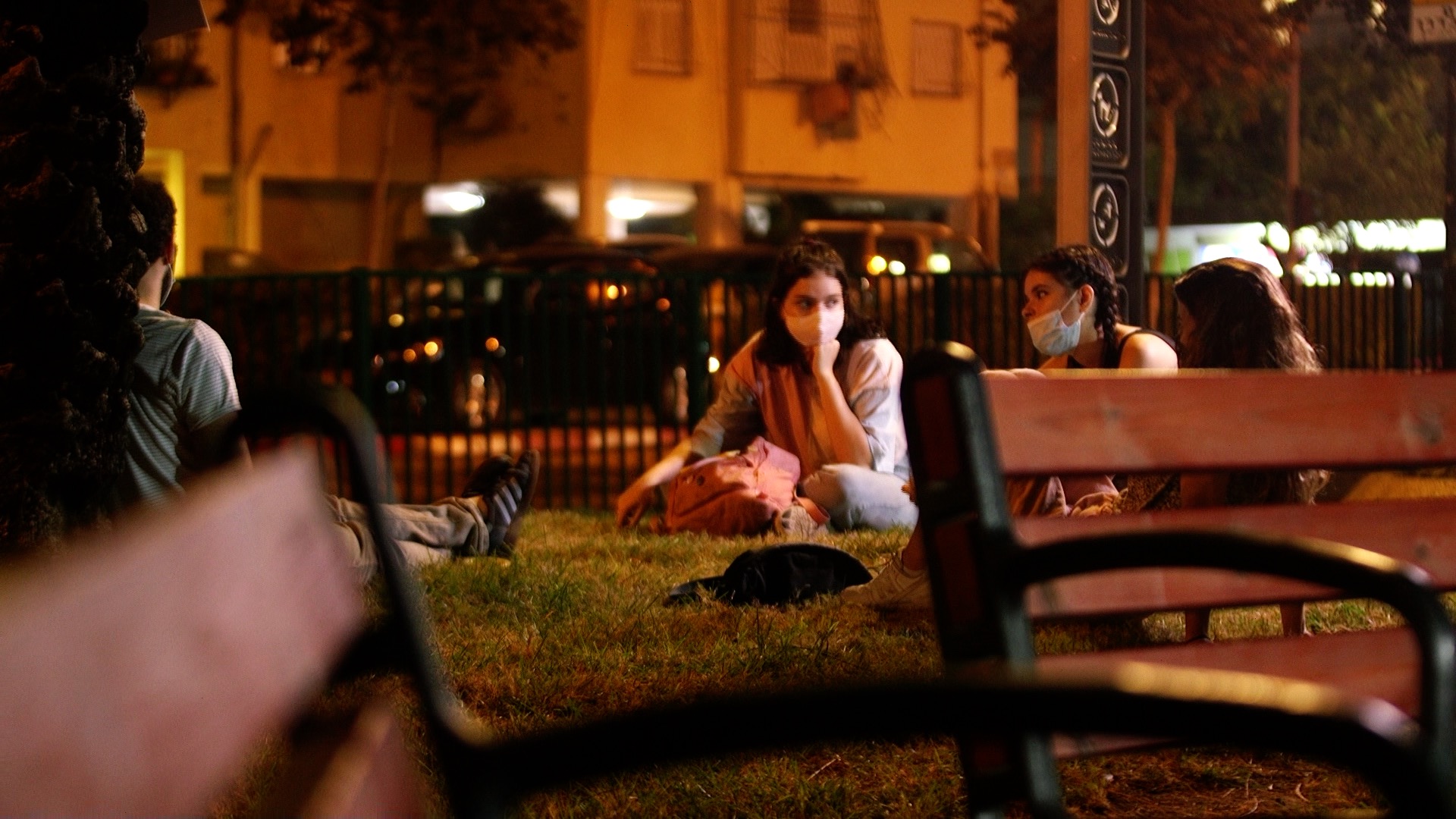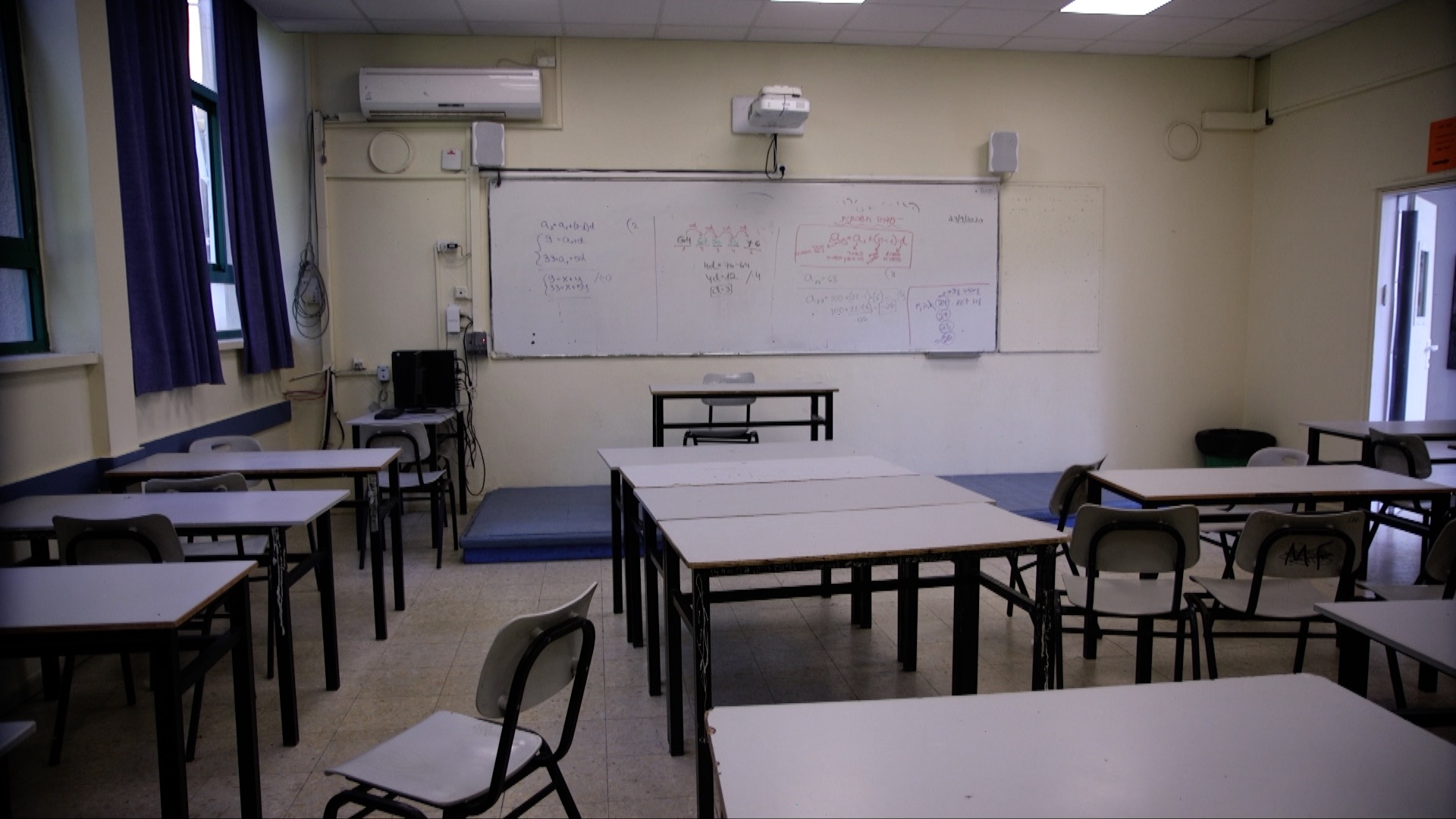02:01

"This is a catastrophe. The government will eventually be gone. The prime minister will be gone too. But the young people. They're the victims, " Zeev Dagani, principal of the Gymnasia Herzeliya School Tel Aviv, said.
A fierce debate around the effective versus safe education of Israel's approximately two million primary and secondary students has been ongoing between Israel's education ministry, teachers and school administrators since the COVID-19 pandemic gripped the country last spring.
UN International Children's Fund figures show that the education of 91 percent of first through 12th graders in the world have been adversely affected by COVID-19. While remote classrooms are an alternative to in-person engagement, there are numerous drawbacks and challenges to online learning. Structuring class times and schedules, effectively engaging students, managing study material and homework and inadequate access to computers, smart devices and the online environment are a few of the hurdles.
In late September, Israel went into a second countrywide lockdown – the closure lasted a month and canceled on-campus learning indefinitely. The logistics of easing kids back into classrooms are still being ironed out and, as educators and parents observe, in academic terms, young people are falling behind.
Finding a workaround: Outdoor learning
Dagani fears an entire generation will be left behind.
"This is a catastrophe for our young people. Education can't wait," Dagani said.
The school closures could keep high schoolers out of classrooms until a not yet determined date in 2021. Dagani and a team of teachers devised a plan: Hold classes off-campus, outside of classrooms.
"We've got teachers and students meeting in parks, under trees, in backyards – wherever there's an open space where they can socially distance," Dagani said.

An empty classroom in Tel Aviv, Israel /CGTN
An empty classroom in Tel Aviv, Israel /CGTN
Parents, teachers and students are enthusiastic about the plan; outdoor class attendance doubled a week after the initiative began. Students report "it's great" to engage with teachers and peers again.
"The personal contact. That's what we all miss," said Nir Schleifer, a Gymnasia Herzliya history teacher. "When a student is boxed in on a computer screen, I can't gauge if he or she understands the material or is even interested. The best part of teaching and learning is the back and forth – the personal exchange. This lets me show my students I care, that I'm here for them. The human lesson is a big part of what we're doing with this initiative."
Dagani's next project is to set up mandatory coronavirus testing stations in schools. "That way, we stay safe, and we can get on with the business of learning. It makes complete sense," Dagani said.
If implemented, students will undergo mandatory COVID-19 testing every two days.